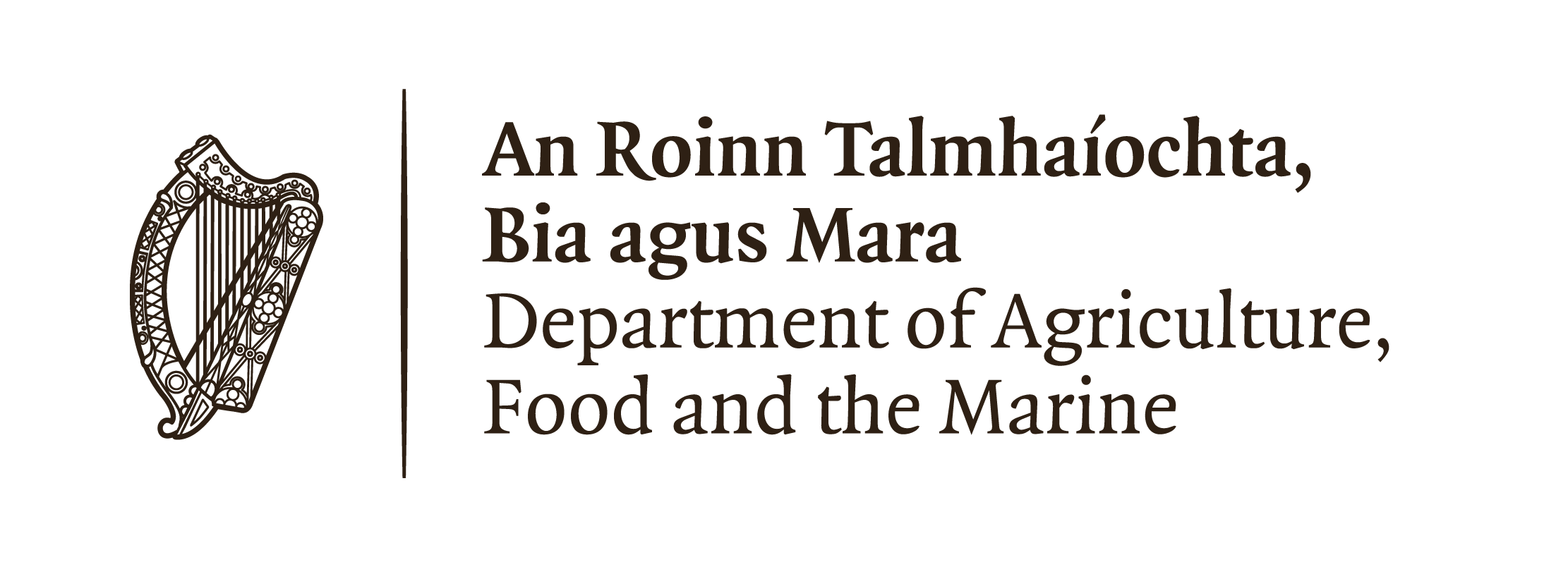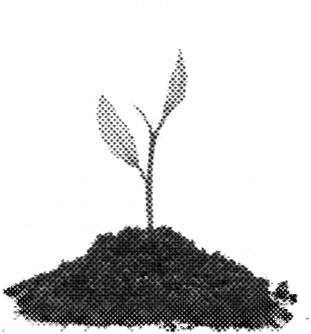Our Campaigning work focuses on:
CLIMATE CHANGE
Climate Change is caused by the increase of greenhouse gases and the subsequent rise in global temperature.This rise in temperatures is predicted to impact on the melting of ice and rising sea levels, with increased frequency of catastrophic flooding, storms and drought, Experts estimate that extreme weather patterns will also threaten future food production. Ocean acidification risks marine organisms and their ecosystems.
According to the ground-breaking 2018 Intergovernmental Panel on Climate Change report,[1] (LINK)man-made activity has been cited as the primary cause of the escalation of greenhouse gases. After more than a century of industrialisation, quantities of greenhouse gases in the atmosphere have risen to record levels not seen in three million years. Two-thirds of greenhouse gases stem from burning fossil fuels for energy needs, while other drivers include large-scale agriculture and deforestation. The United Nations has described Climate change as the “defining issue of our time”. Limiting global warming to 1.5°C according to them will help to reduce the worst impacts of climate change but will require rapid, far-reaching and unprecedented changes in all aspects of society.
The Organic Centre is committed to promoting organic growing and sustainable living. Now more than ever, our role as an educational charity is about building resilience in individuals and communities, empowering people to learn to grow with nature and giving people the skills to live sustainably and tread lightly on our planet. As well as practical support the Organic centre increasingly operates at an advocacy level, working with our partners on a local, national and international level in the fight against climate change.
BIODIVERSITY LOSS
Biodiversity can be described as the variety of life on Earth in all its forms. It is declining at an alarming rate.
A landmark UN report in 2019 from the Intergovernmental Science-Policy Platform on Biodiversity and Ecosystem Services (IPBES) produced some stark statistics. From an estimated total of eight million species, one million are threatened with extinction, many are at risk within decades. Some scientists have even suggested that the world is in the middle of the 6th mass extinction. The cause of this decline is down to human practices and can be linked with a change in land use, including industrialised farming practices, monoculture, and pollution. Climate change and biodiversity are interlinked with climate change causing further depletion of biodiversity, whereas healthy habitats such as bogs and oceans can act as huge carbon sinks. In 2019 the Irish government declared a Climate and Biodiversity Emergency.
Organic growing is a way of counteracting the worst impacts of both climate change and biodiversity loss. Initiatives such as the Farm to Fork strategy promoting the use of sustainable food production has a range of targets including increasing organic farming and reducing the use of pesticide. The Organic Centre has always been at the forefront of the fight against Biodiversity loss, and a visit to our gardens will offer insight into how you can work with nature at home or on the farm.
To support learning on this issue, we now include a Biodiversity module in our MSLETB course, reflecting the importance we place on Ireland’s biodiversity crisis. The centre is also increasing its advocacy work on this issue and looks forward to working alongside others to do this. The role of the Organic centre with its expertise, as a flagship educational centre of excellence in organic growing since 1995 is now more important than ever.
FOOD SOVEREIGNTY
Food Sovereignty means revaluating our food and agricultural systems, with a focus on quality rather than quantity.
Covid 19 has shone a light globally and nationally on how our food is produced and how vulnerable it is to external pressures with big business dominating our global food system. A small number of large corporations often control much of the production, processing, distribution, marketing and retailing of food and seeds.
Ireland is no different and farmers are at risk of losing their autonomy, because of the current trend for farm subsidies to support food for export rather than helping supply and support local communities. The current unsustainable model of farming is a driver in climate change and biodiversity loss. Food sovereignty is about us and our right to healthy and culturally appropriate food produced through ecologically sound and sustainable methods, and our right to define our own food and agriculture systems.
Food Sovereignty means revaluating our food and agricultural systems, with a focus on quality rather than quantity. Producing, processing and distributing food locally as opposed to globally would result in less transportation and less fossil fuel use. It also means more resilient food systems in times of global crises.
The Organic Centre has an important role in building resilience and skills on a personal and community level. It looks forward to continuing to work with other groups to further the Food Sovereignty movement in Ireland and abroad.
For more information on these issues, follow the links below:
- Irish Environment Network
- Friends of The Earth Europe: What is food sovereignty?
- A Farm To Fork Strategy:
- Biodiversity loss: what is causing it and why is it a concern? European Parliament News.
- World is ‘on notice’ as major European Report shows one million species faces extinction
- Climate Change United Nations





